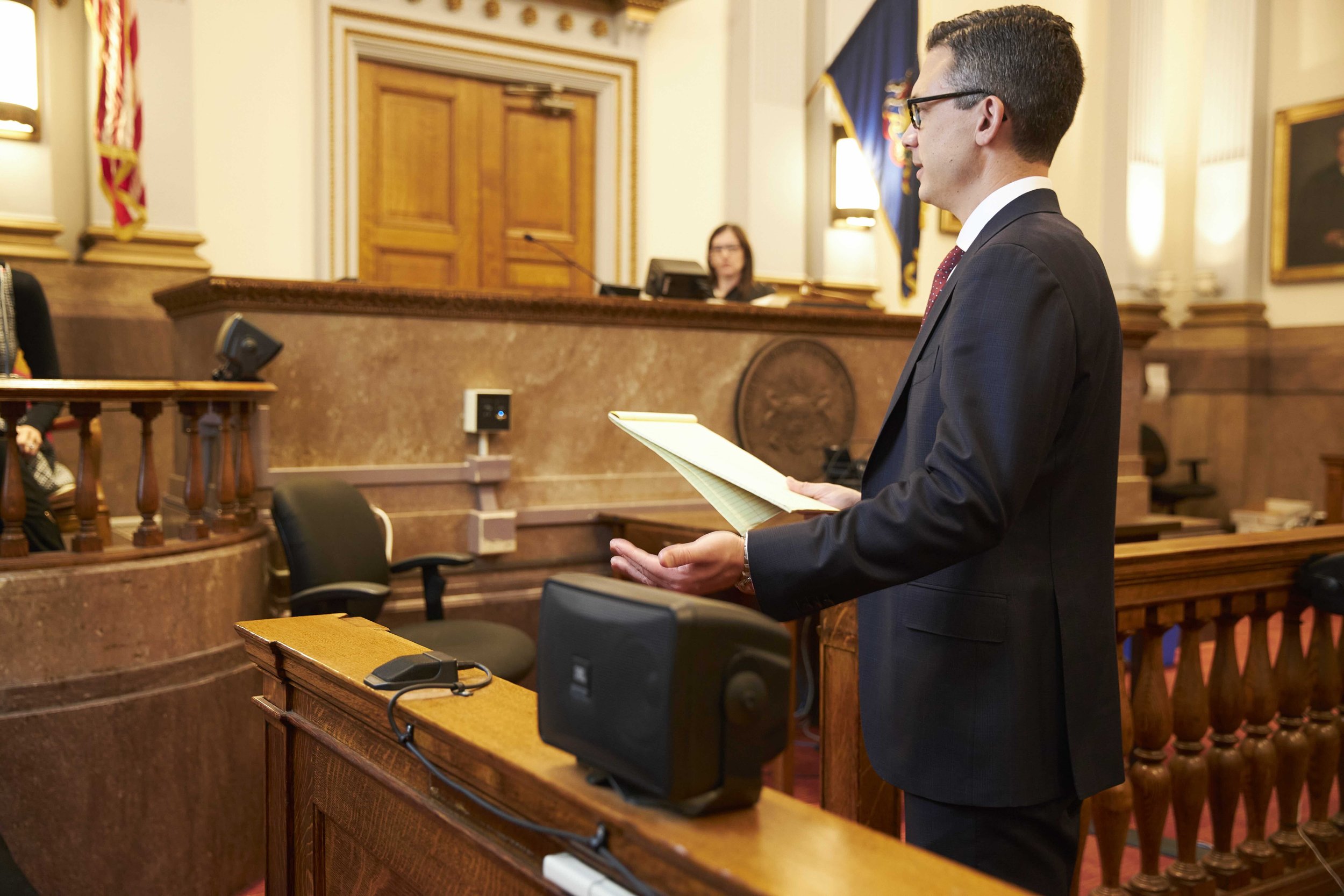Why Pick Federal Appeal Lawyers: Proven Strategies for Successful Appeals
Why Pick Federal Appeal Lawyers: Proven Strategies for Successful Appeals
Blog Article
Demystifying the Process of Federal Appeals: What You Need to Know
Navigating the complex world of government charms can usually seem like going across undiscovered waters for those strange with the procedure. Understanding the nuances of appellate court territory, the intricacies of filing a notice of appeal, presenting an engaging short, and making an influential oral disagreement are crucial elements that can substantially influence the result of a situation. By unwinding the layers of intricacy surrounding federal charms, individuals can acquire a clearer understanding right into the devices that regulate this important phase of the legal system.
Understanding Federal Appeals Process
Looking into the complex world of the government charms process unveils a organized and systematic journey through the judicial system. Federal allures function as a vital system for assessing decisions made by lower courts. Recognizing this procedure is vital for anybody associated with lawful procedures at the federal degree.
The process generally starts with an event disappointed with a lower court's judgment filing a notification of charm. This sets off a review by a greater court, where a panel of judges analyzes the legal debates provided by both parties. Briefs outlining the lawful reasoning behind each event's setting are sent, and oral debates may be heard to make clear complicated concerns.
The appellate court's decision is based on a thorough examination of the reduced court's procedures and the disagreements presented. Once the appellate court gets to a decision, it can verify, reverse, remand, or customize the lower court's ruling, providing quality and finality to the lawful dispute.
Appellate Court Jurisdiction Discussed
Appellate court jurisdiction refers to the extent of situations that a certain appellate court has the power to make a decision and review upon. Unlike trial courts that listen to cases for the very first time, appellate courts are limited to examining decisions made by reduced courts.
Appellate courts have jurisdiction over particular kinds of cases, usually those entailing legal errors, step-by-step issues, or concerns of regulation rather than accurate disputes. The territory of appellate courts is normally outlined in statutes and legislations that control the court system. Understanding appellate court jurisdiction is critical for parties included in the charms procedure as it determines whether a situation is eligible for review and the degree to which the appellate court can intervene in the reduced court's choice.
Declaring a Notice of Appeal
The preliminary action in starting the government allures procedure involves filing a Notice of Appeal with the proper appellate court. This critical document formally notifies the court and the other parties associated with the situation that the appealing celebration means to seek an evaluation of the lower court's decision. Filing a Notification of Appeal is a strict procedural need that establishes the appellate procedure moving.
When preparing the Notification of Allure, it is crucial to ensure compliance with the specific rules and standards of the pertinent appellate court. federal appeal lawyers. The file has to normally include information such as the case name, the lower court's name, the date of the judgment being appealed, and a succinct declaration suggesting the grounds for the appeal

Rundown and Dental Argument
In the appellate i loved this procedure, presenting composed briefs and participating in oral disagreements play pivotal functions in supporting for the appealing party's setting prior to the appellate court. Briefs are comprehensive legal records that lay out the parties' disagreements, lawful authorities, and analysis supporting their settings. These created submissions offer the court with a thorough understanding of the facts of the situation, the appropriate regulation, and why the appealing party believes the lower court's decision should be reversed.
Adhering to the entry and review of the briefs, oral disagreements use the events a possibility to further clarify their positions, deal with any type of inquiries the appellate courts might have, and emphasize bottom lines from their created briefs. Dental debates are an opportunity for the lawyers to encourage the courts through verbal advocacy and responses to inquiries from the bench.
Both the written briefs and oral arguments are essential components of the appellate process, allowing events to present their instance completely and compellingly before the appellate court. - federal appeal lawyers
Receiving the Appellate Court Decision
The appellate court's choice is generally provided in a written style and lays out the court's conclusions on the legal concerns presented, the reasoning behind their choice, and the judgment rendered. The time frame for obtaining the appellate court's choice can vary, however courts make every effort to provide timely resolutions. Whether the appellate court attests, turns around, or remands the lower court's decision, recognizing the effects of the ruling is important for all events involved in the appellate process.
Final Thought
Recognizing the appellate court territory, submitting a notification of allure, preparing briefs, and offering dental disagreements are all crucial elements of this process. Eventually, getting the appellate court decision can provide clarity and resolution to lawful disagreements.
As we proceed from understanding the federal appeals procedure to studying the details of appellate court territory, an essential aspect comes to light regarding the authority and limits of these greater courts in the lawful landscape. Appellate court jurisdiction refers to the range of instances that a specific appellate court has the power to decide and review upon. Unlike trial courts that listen to situations for the very first time, appellate courts are limited to assessing choices made by lower courts. Recognizing appellate court territory is important for parties entailed in the charms process as it establishes whether a situation is eligible for testimonial and the degree to which the appellate court can interfere in the lower court's decision.

Report this page